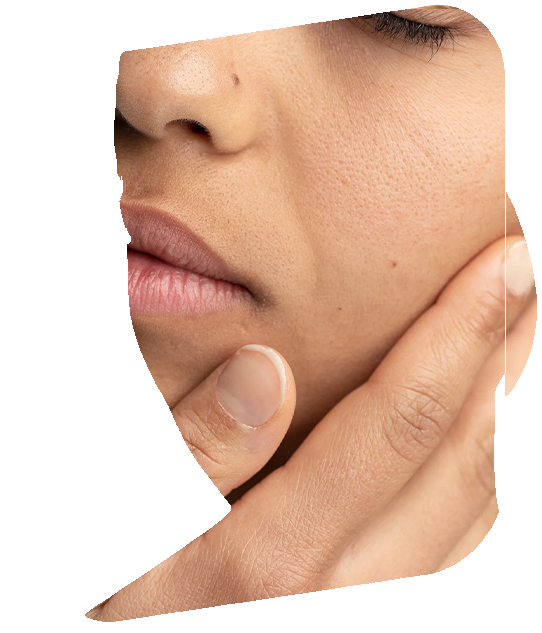


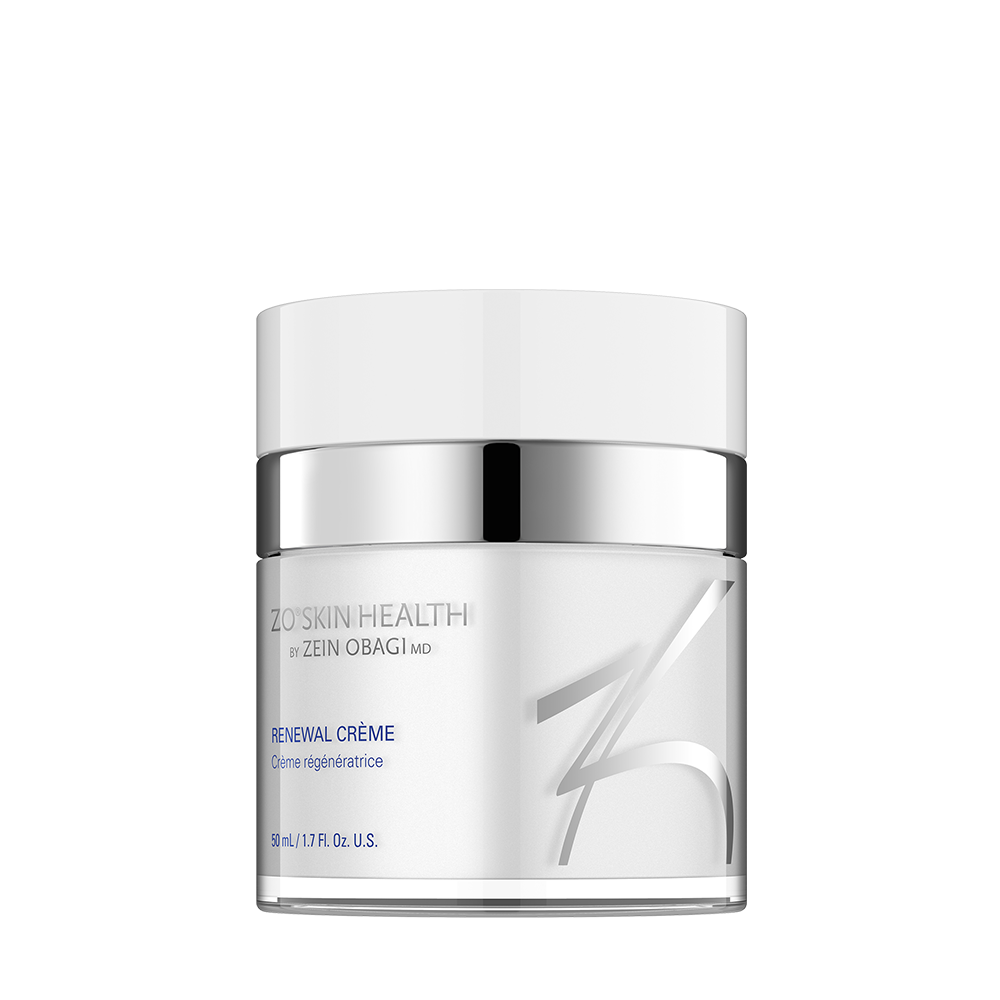

These two skin concerns are often mixed and used interchangeably, however, there are distinctive differences between the two. The main difference is that dryness is a skin type and indicates lack of oil and lipids, whereas anyone can experience dehydration - even those with oily skin, which shows lack of water in the top layer of the skin. Dry skin is characterised by roughness, dryness and flakiness. On the other hand, dehydration makes to skin appear dull with feelings of tightness and sensitivity.
External causes are numerous, including UVA rays from the sun, too hot and heavy water, and central heating or air-conditining can cause dehydration in any skin type or worsen the symptoms of dryness. In addition, transepidermal water loss is a part of ageing which is why a significant number of people show the signs of dehydration.
The moisturisation and water properties of the skin are very significant to the skin and how the skin will appear and age. A well hydrated skin not only comes with functional benefits but will also be more youthful in appearance.
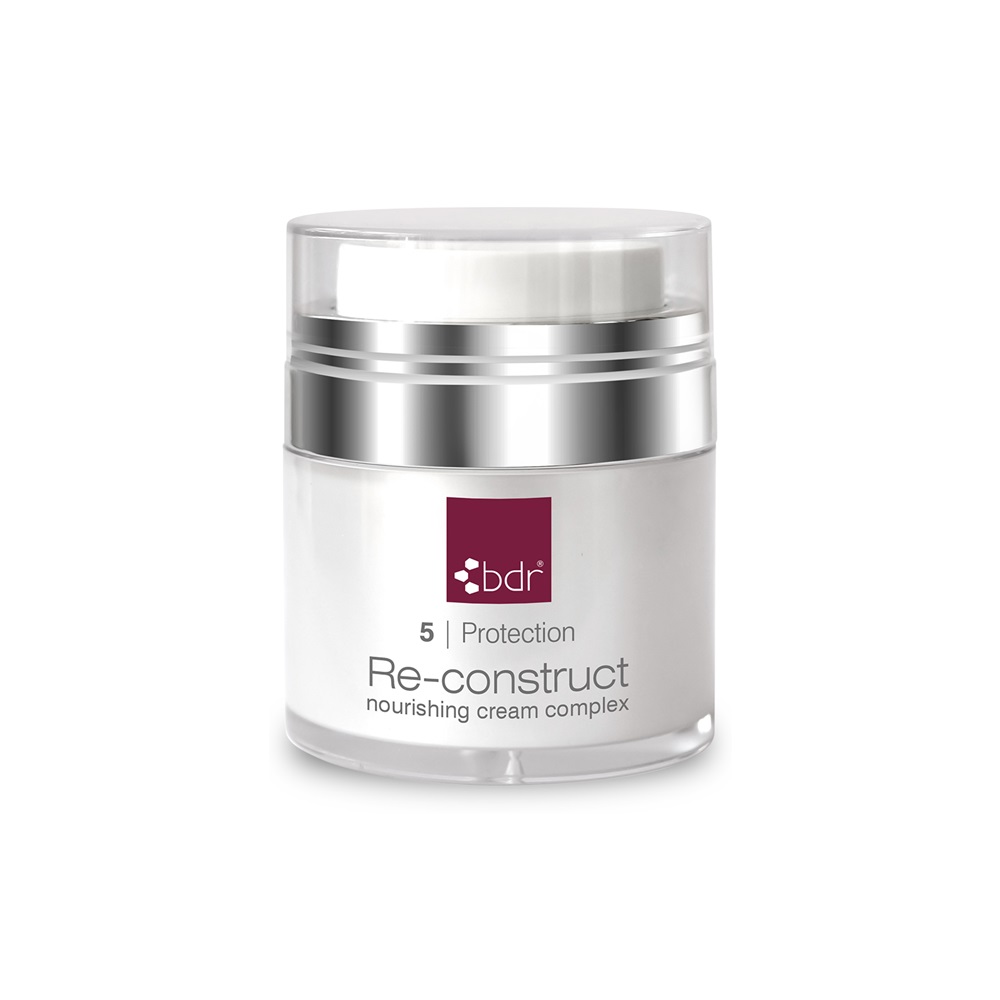

Amongst lifestyle recommendations, nutrition is the key to a more naturally hydrated skin. Whilst a generally healthy diet rich in wholefoods is a great start, focusing on essential fatty acids and polyphenols are likely to lead to the most desirable effects. Avocados, nuts and seeds, oily fish and olive oil are rich sources of essential fatty acids and Vitamin E that hydrate the skin. Consuming raw cacao nibs can do wonders with dry skin thanks to its exceptionally high flavanol content. Flavanols are a type of antioxidants that improve circulation and hydration in the skin, increase collagen production and offer some level of internal protection against the sun. All these benefits can make the skin more supple, plump, and hydrated. Consuming at least 8 glasses of water throughout the day is not to be missed either!
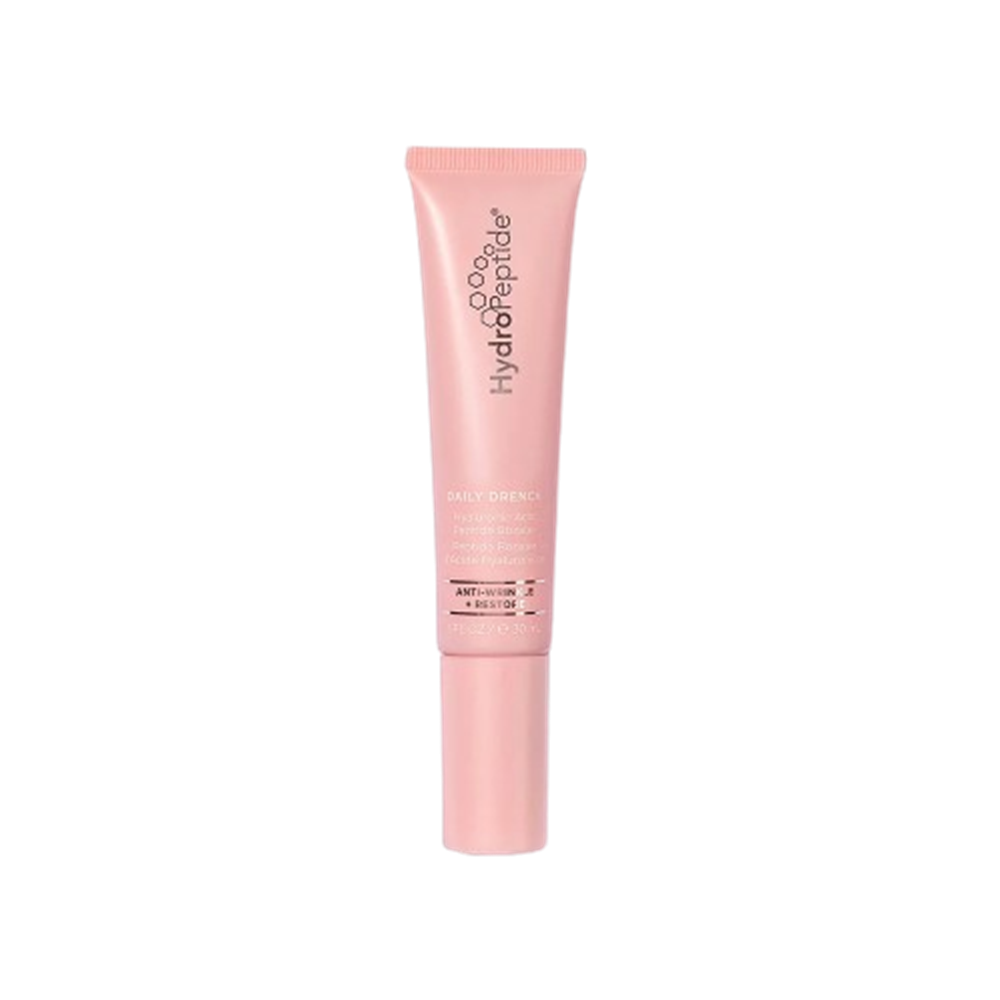

To treat dehydration, ingredients such as saccharides and hyaluronic acid can retain moisture in the skin and prevent transepidermal water loss. Serums and masks with these ingredients can provide adequate moisture to the skin which then appears glowy and fully hydrated. Using a broad spectrum sunscreen on a daily basis is needed to protect the skin from UV rays that would otherwise cause dehydration.
When it comes to skin dryness, it is recommended that you always use a gentle, creamy cleanser that minimises the drying effects of water and does not compromise the microflora of your skin. Stay away from harsh exfoliants, it is best to use scrubs with mild beads and lactic acid that has moisturising properties. Creams rich in ceramides, lipids and saccharides are essential to be used daily for protecting and soothing the skin.
In both cases, avoid too hot showers and baths, drink plenty of water and invest in a humidifier to prevent further water/lipid loss from your skin.
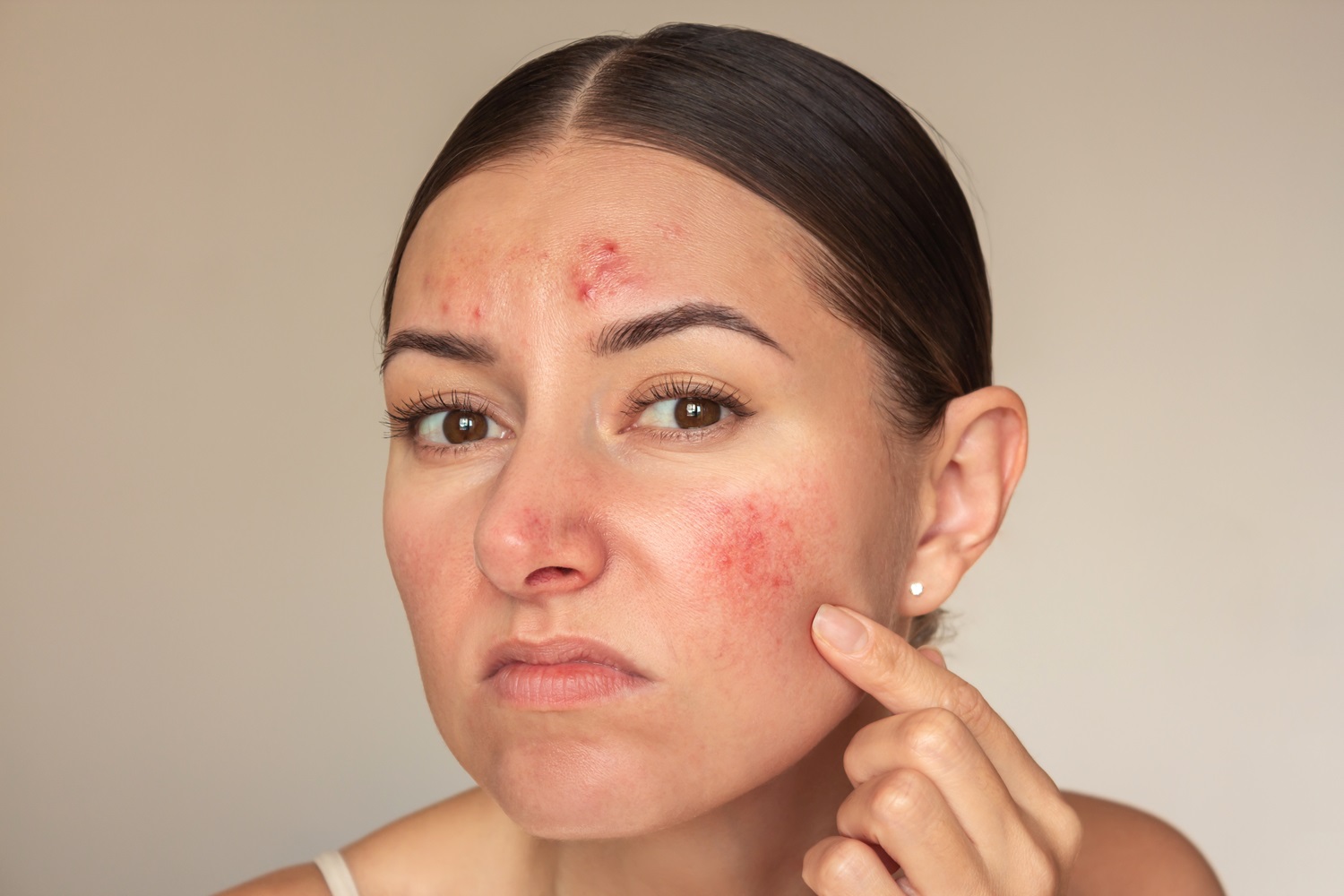
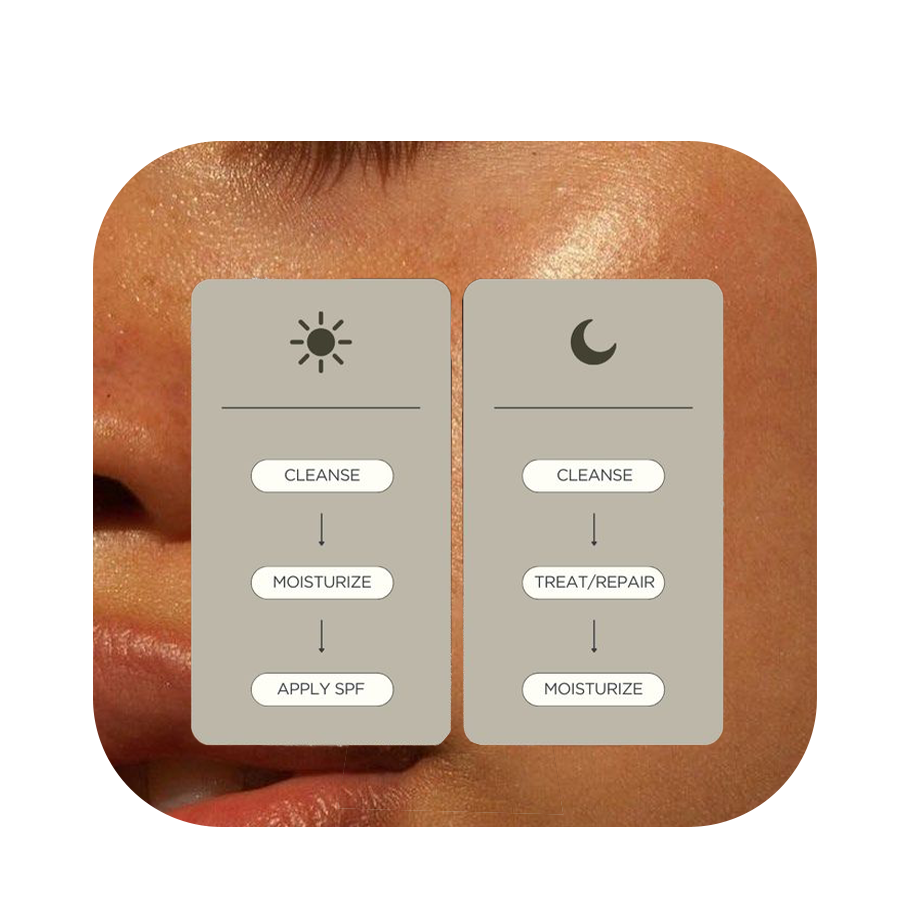
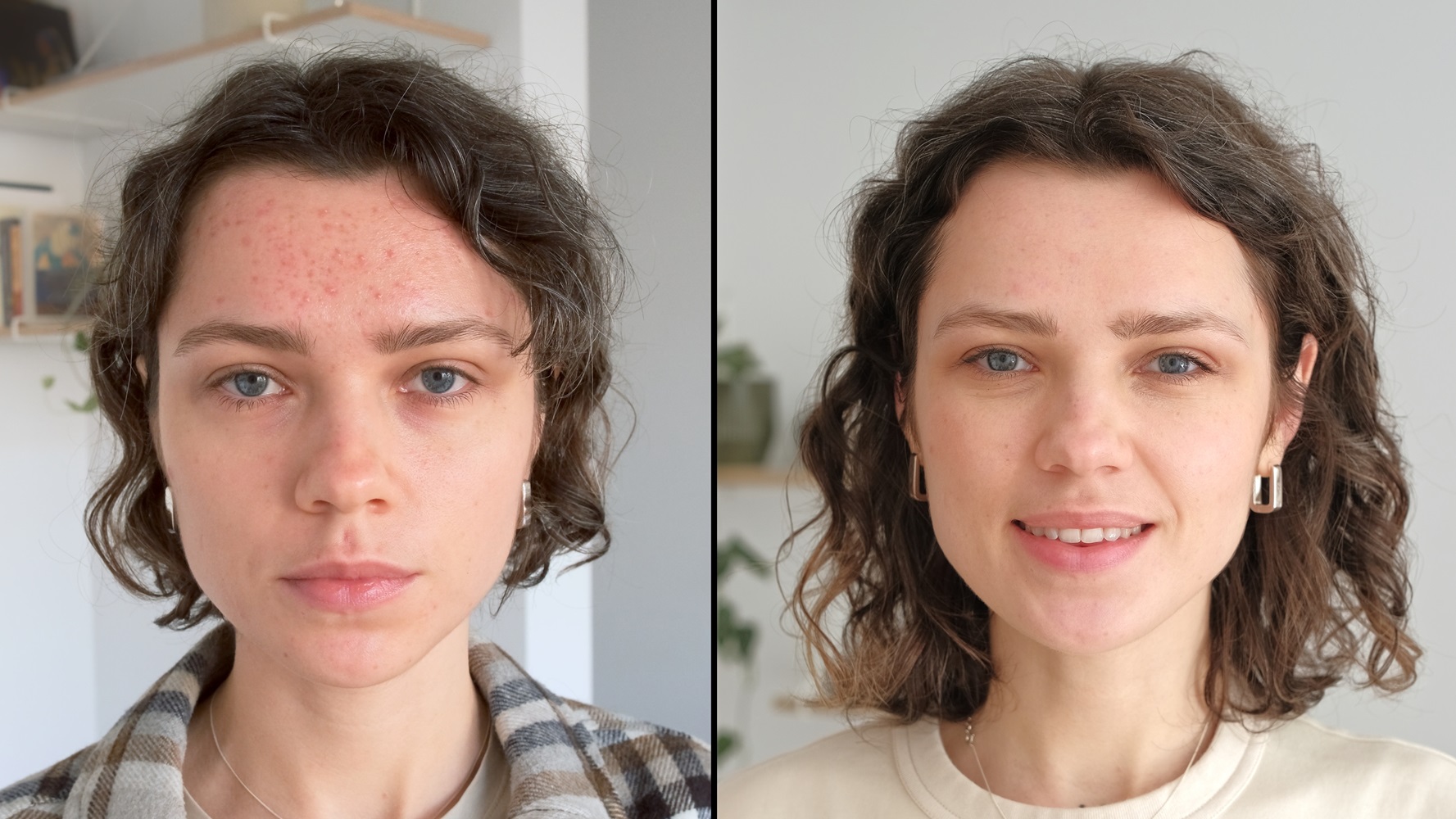
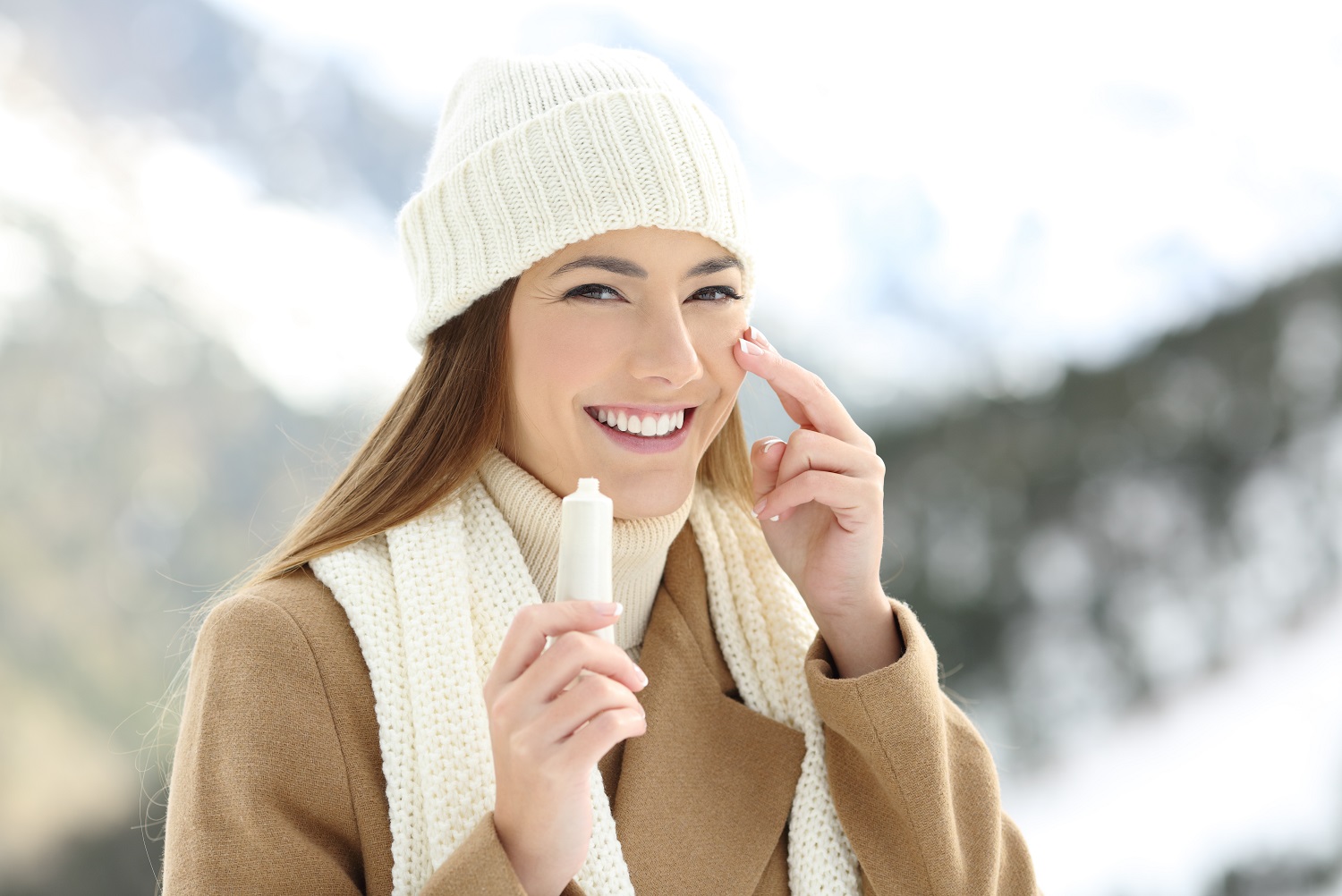
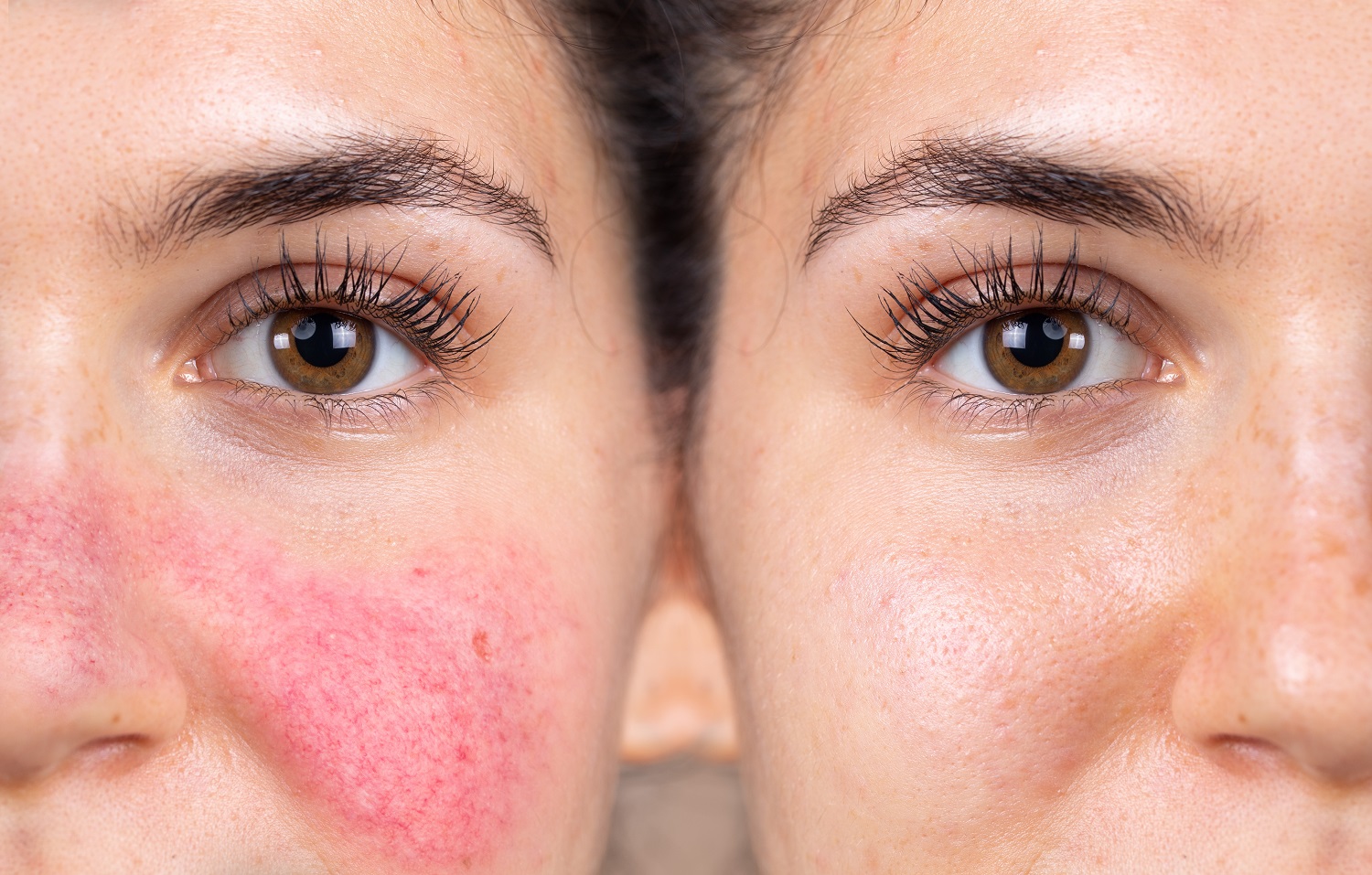
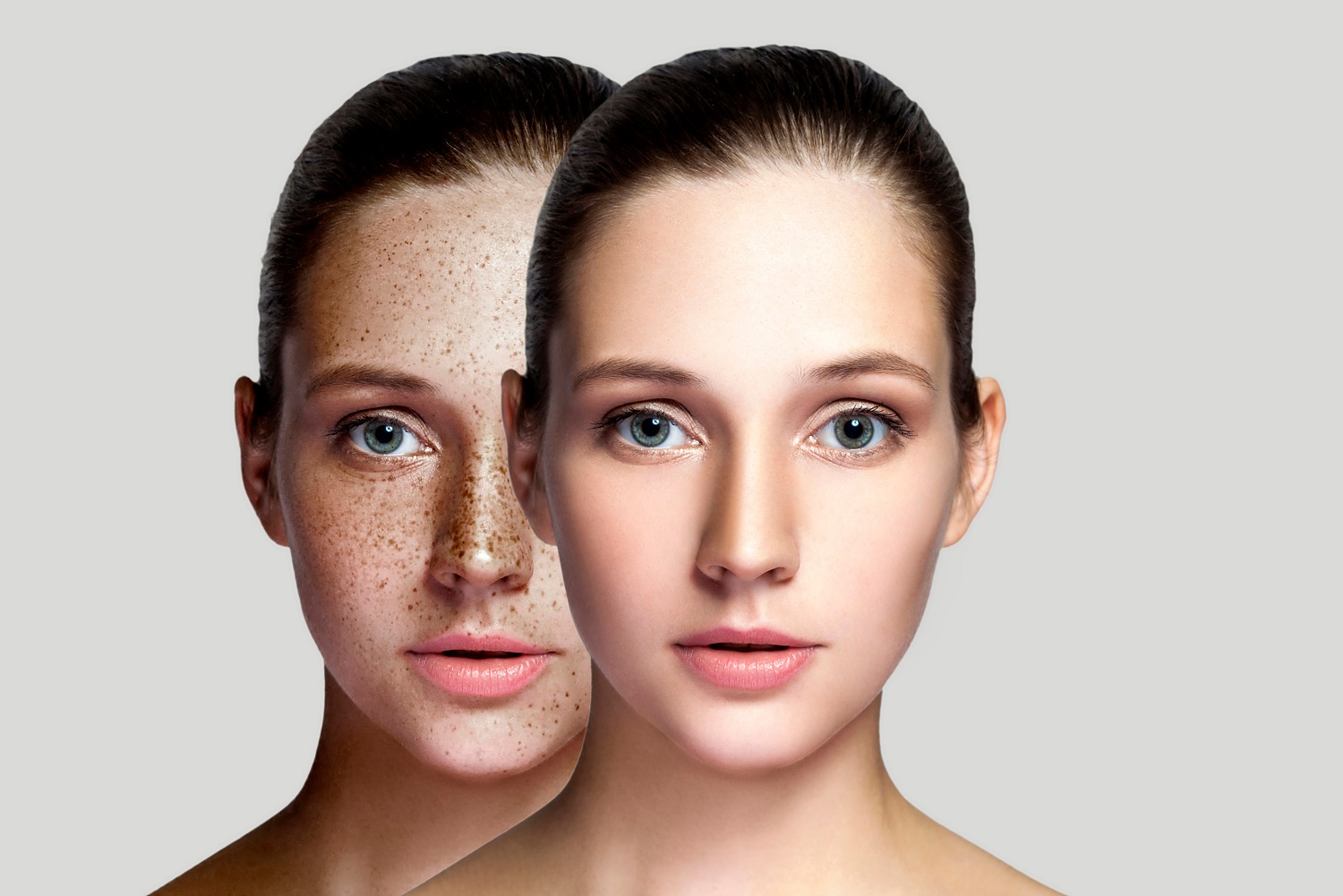

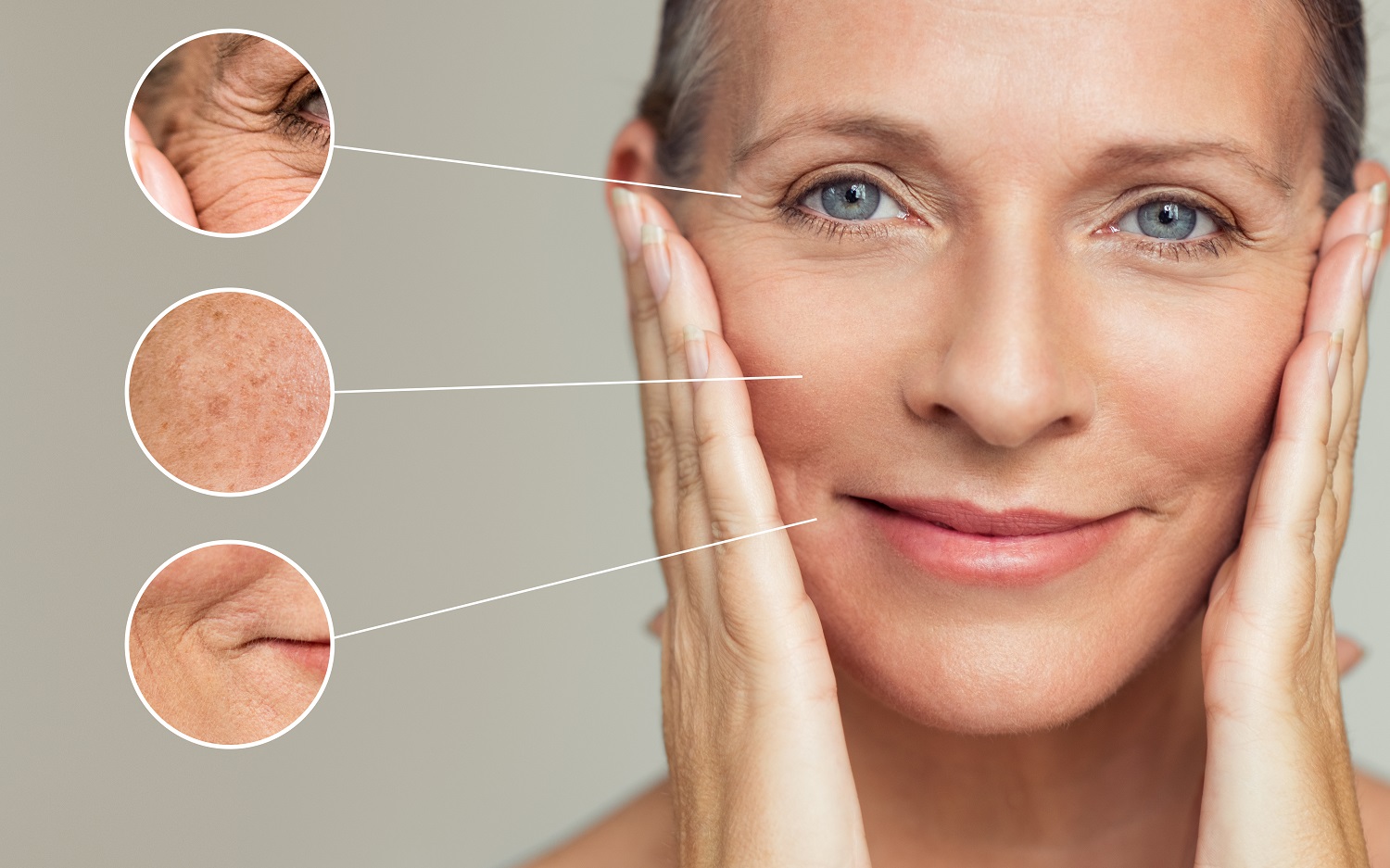
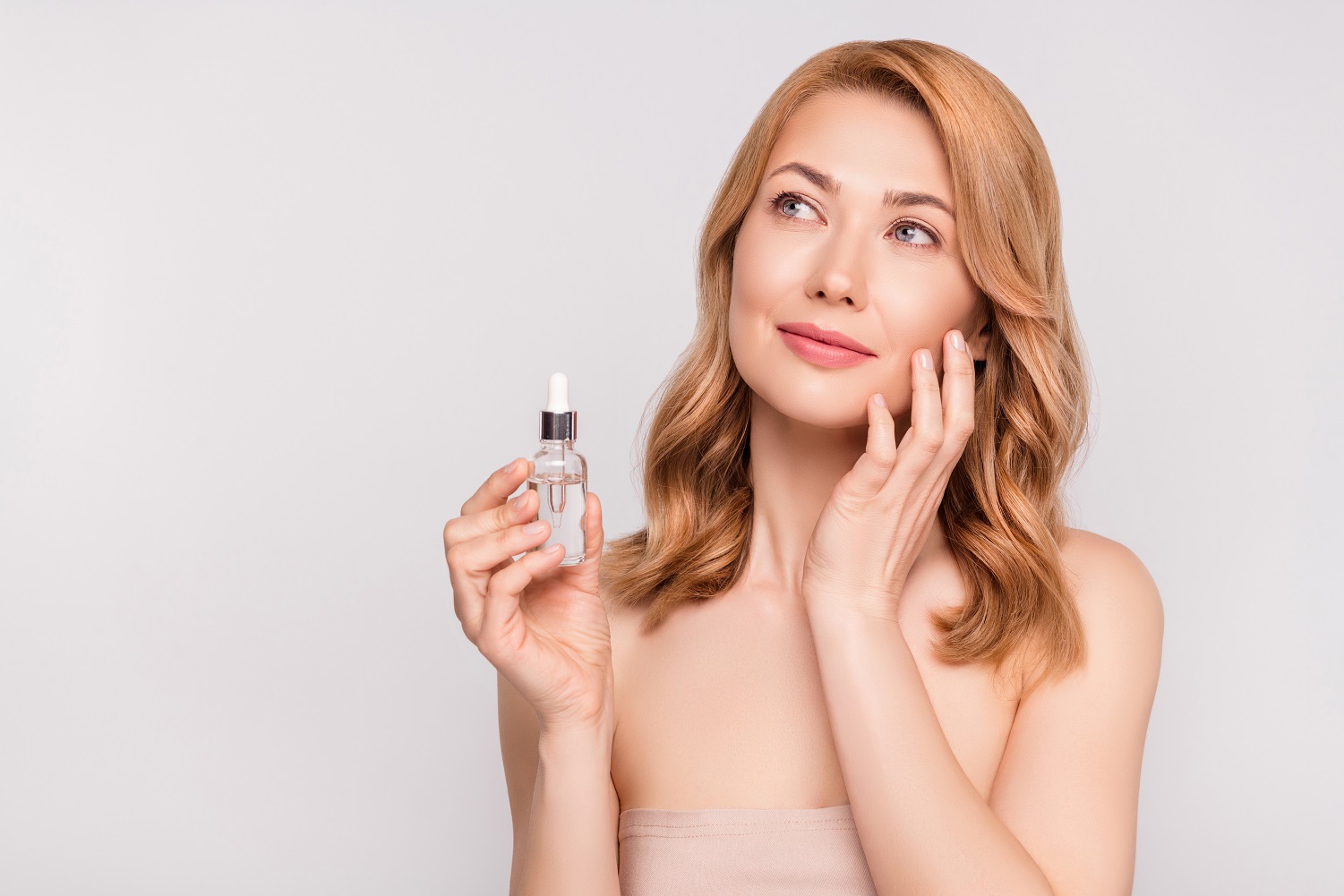
On occasion, we may gather information about your computer for our services and to provide statistical information regarding the use of our website to our advertisers.
Such information will not identify you personally it is statistical data about our visitors and their use of our site. This statistical data does not identify any personal details whatsoever. It is used by use to analyse how visitors interact with the Website so that we can continue to develop this website and make it a better experience for our visitors.
We may gather information about your general internet use by using a cookie file that is downloaded to your computer. A cookie is a small file of letters and numbers that we store on your browser or the hard drive of your computer if you agree. Cookies contain information that is transferred to your computer's hard drive. Where used, these cookies are downloaded to your computer automatically. This cookie file is stored on the hard drive of your computer as cookies contain information that is transferred to your computer's hard drive. They help us to improve our website and the service that we provide to you
We may gather information about your general internet use by using a cookie file that is downloaded to your computer. A cookie is a small file of letters and numbers that we store on your browser or the hard drive of your computer if you agree. Cookies contain information that is transferred to your computer's hard drive. Where used, these cookies are downloaded to your computer automatically. This cookie file is stored on the hard drive of your computer as cookies contain information that is transferred to your computer's hard drive. They help us to improve our website and the service that we provide to you
We use the following cookies:
Our advertisers may also use cookies, over which we have no control. Such cookies (if used) would be downloaded once you click on advertisements on our website.
Disabling Cookies
Cookies will usually increase the usability and your experience of this website, however if you wish to browse our site without using cookies, most internet browsers will give you the option to refuse to accept the cookies. Although the browser settings are dependent on the browser that you are using on your device, you can generally choose to customise your setting under the Tools menu. You can also opt-out of Google Analytics for Display Advertising and customize Google Display Network ads using the Ads Settings. In addition, you can use the Google Analytics Opt-Out Browser Add-on to disable tracking by Google Analytics.
Thank you for visiting our site.

When you visit any website, it may store or retrieve information on your browser, mostly in the form of cookies. This information might be about you, your preferences or your device and is mostly used to make the site work as you expect it to. The information does not usually directly identify you, but it can give you a more personalized web experience. Because we respect your right to privacy, you can choose not to allow some types of cookies. Click on the different category headings to find out more and change our default settings. However, blocking some types of cookies may impact your experience of the site and the services we are able to offer.
These cookies are necessary for the website to function and cannot be switched off in our systems. They are usually only set in response to actions made by you which amount to a request for services, such as setting your privacy preferences, logging in or filling in forms. You can set your browser to block or alert you about these cookies, but some parts of the site will not then work. These cookies do not store any personally identifiable information.
These cookies allow us to count visits and traffic sources so we can measure and improve the performance of our site. They help us to know which pages are the most and least popular and see how visitors move around the site. All information these cookies collect is aggregated and therefore anonymous. If you do not allow these cookies we will not know when you have visited our site, and will not be able to monitor its performance.
These cookies are set by a range of social media services that we have added to the site to enable you to share our content with your friends and networks. They are capable of tracking your browser across other sites and building up a profile of your interests. This may impact the content and messages you see on other websites you visit. If you do not allow these cookies you may not be able to use or see these sharing tools.
These cookies may be set through our site by our advertising partners. They may be used by those companies to build a profile of your interests and show you relevant adverts on other sites. They do not store directly personal information, but are based on uniquely identifying your browser and internet device. If you do not allow these cookies, you will experience less targeted advertising.
These cookies enable the website to provide enhanced functionality and personalisation. They may be set by us or by third party providers whose services we have added to our pages. If you do not allow these cookies then some or all of these services may not function properly.